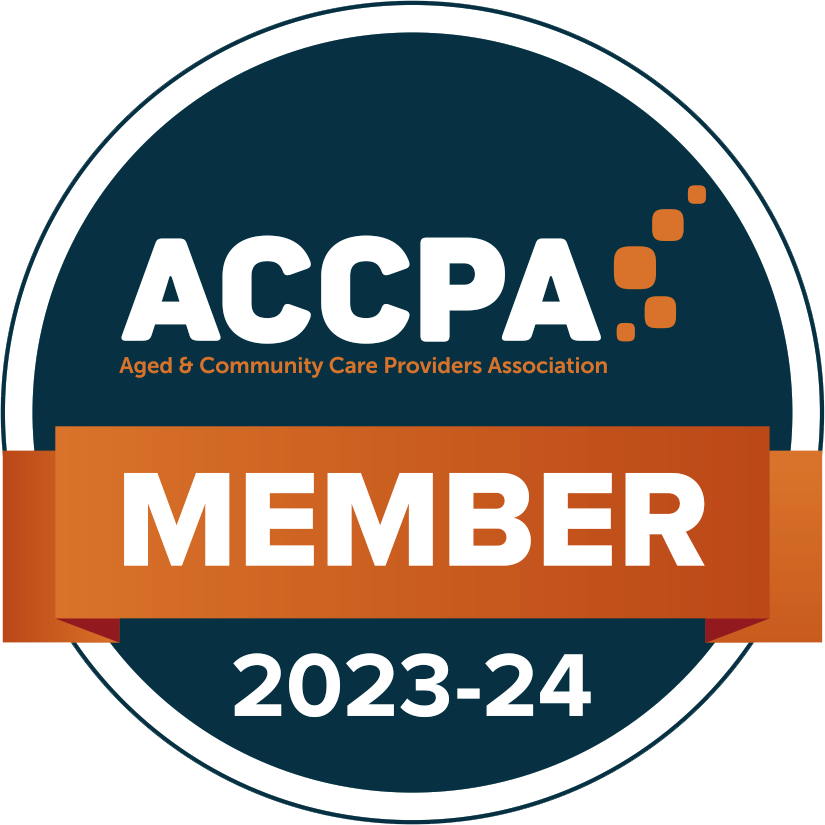Any Questions?
Navigating the Aged Care Reform: What’s Changing?
Aged care in Australia is undergoing significant changes, and recent government proposals could impact how much recipients pay for services. As carers, seniors, and those involved in the aged care community, it's essential to understand what these changes mean for you and your loved ones.
The government’s proposal, aimed at creating a more sustainable system, outlines how aged care costs will be structured in the future. These changes are designed to ensure the financial sustainability of aged care services while maintaining the quality of care for seniors. But what does this really mean for those receiving care?
What Are the Changes?
It’s worth noting that these changes only apply to future recipients of aged care, starting from July 2025. If you or a loved one is already receiving care, you will not be affected by these reforms. Additionally, individuals approved for care before July 2025 will transition to the new system but will not pay more than they would have under the old structure.
The proposal introduces a new model for aged care payments, where recipients may have to contribute more to their care costs based on their financial means. This change is driven by an effort to balance the growing demand for aged care services with the financial strain on the government’s budget. This means that the amount a person pays for their care will be based on their income and assets. Those who can afford to pay more will be expected to contribute more towards their care costs, while those with fewer resources may receive additional support from the government.
Over the next 11 years, these reforms are expected to save the government $12.6 billion. Let’s explore what these changes are.
In-Home Care
The updated system introduces a significant change by increasing the support levels from four to eight, enabling a more personalised approach to care. The government’s annual funding cap will also be raised from $60,000 to $78,000, which recipients can use to select services from an authorised list.
The way this funding is allocated depends on the specific care needed and the individual’s financial situation. The care services are divided into three key categories:
- Clinical Care
- Independence Supports
- Everyday Living Supports
What you might pay:
- Full pensioners will pay 0% for clinical care, 5% for independence support, and 17.5% for everyday living.
- Part pensioners and Commonwealth Health Card holders will pay between 0% and 50% for independence support and 17.5% to 80% for everyday living.
- Self-funded retirees are expected to cover 50% of the cost for independence support and 80% for everyday living expenses, though clinical care will remain fully funded by the government.
Another key addition is the introduction of a maximum price for home care services set by a government regulator, ensuring that providers cannot overcharge. Additionally, recipients will receive up to $25,000 to help them stay at home during their final three months of life, and there is a new 12-week program to aid recovery from illness or injury.
Residential Care
For elderly individuals in residential care, although the payment structure will largely stay the same, there are upcoming adjustments to the amounts paid. Residents will still be responsible for:
- A basic daily fee, set at 85% of the Age Pension.
- A non-clinical care fee (formerly called the means-tested fee), which covers expenses like meals, accommodation, and other non-medical services. This fee applies to those with assets exceeding $500,000 or an income above $130,000.
- An accommodation charge, which can be paid either as a daily fee or as a lump sum. The maximum accommodation cost will increase from $550,000 to $750,000 per room. Additionally, providers will be able to retain 2% of the lump sum deposit annually for a five-year period.
The non-clinical care fee is capped at $101.16 per day for the first four years of care. Moreover, a $12.55 per day "hotelling" supplement, which was previously funded by the government, will now need to be covered by residents with assets over $238,000 or an income above $95,400.
A significant change is the increase in the lifetime cap on fees, meaning no one will be required to pay more than $130,000 in non-clinical care costs over their lifetime, up from the previous cap of $80,000.
Why These Changes Are Happening
The government is making these changes to address the growing costs and demand for aged care services. As the baby boomer generation ages, the need for high-quality care increases, yet funding has not kept pace. Following the Royal Commission into Aged Care in 2021, which called for a taxpayer-funded levy to boost funding, the government opted to require higher contributions from those with the financial means, rather than implementing a levy.
The government currently covers around $4 for every $1 paid by aged care residents and $19 for every $1 paid by in-home care recipients. In the updated system, the government’s contribution will shift to $3.30 for every dollar contributed by residents, and $7.80 for every dollar paid by those receiving in-home care.
These reforms also aim to reduce the long waiting times for in-home care. With over 68,000 people currently on the waitlist, charging more for care is intended to make services available to more people, more quickly.
Final Thoughts
The proposed changes to aged care payments are part of a broader effort to ensure the sustainability of the aged care system in Australia. While there are concerns about increased costs for some recipients, the proposal aims to create a more transparent, fair, and flexible system.
For carers, seniors, and the aged care community, gaining a clear understanding of these changes is essential to effectively manage the future of aged care. By staying up to date, seeking professional advice, and making proactive plans, you can confidently prepare yourself and your loved ones for the road ahead.
Find the right aged care solution for you.
Contact us today for assistance.
Related Articles

FOCUS Connect, a registered not-for-profit charity, provides practical assistance and support services to disadvantaged and marginalised individuals. As a My Aged Care provider, we offer Home Care Package and Commonwealth Home Support Programme services across South West and Northern Sydney. Additionally, we are a leading provider of community services to multicultural and culturally and linguistically diverse (CALD) populations across South West Sydney.
Need Support or Know Someone Who Does?
If you need support, call us at 02 4627 1188 or contact us via our online enquiry form, and we will get back to you shortly to discuss your needs and how we can assist you. If you know someone who could benefit from our services, refer them to FOCUS Connect to help them receive the support they need and deserve.












